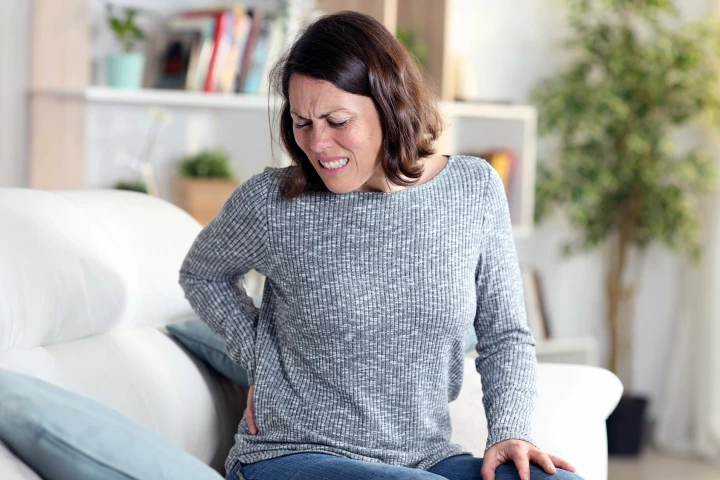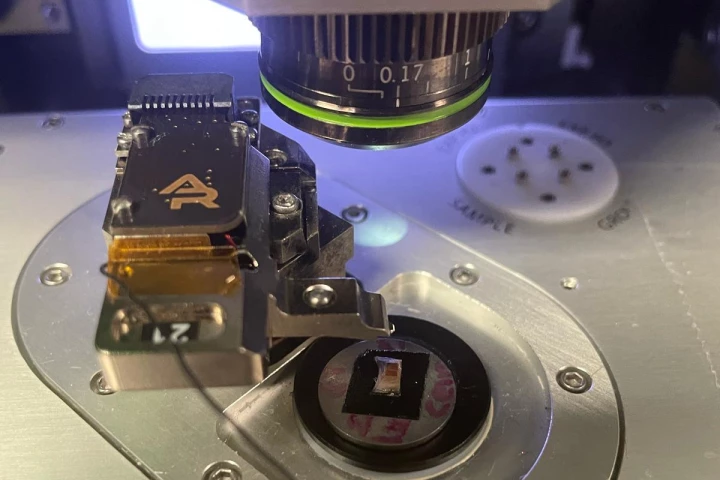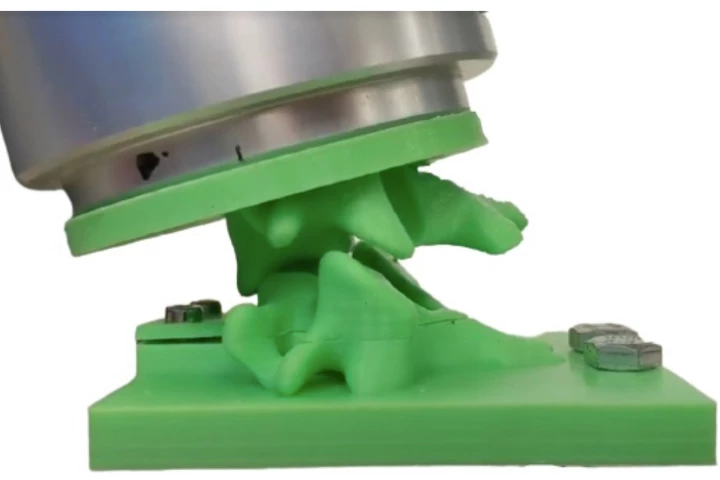Florida Atlantic University
-
For the first time, we know more than we ever expected to know about the sex lives of the majestic beluga whale. It's complicated, to say the least, but it also shows just how strategic nature is at keeping an isolated group of animals alive.
-
Training a service dog doesn’t just change the life of another veteran; it may help heal the trainer, too. A new study finds that volunteering with dogs could slow biological aging in female veterans with PTSD while easing stress and anxiety.
-
People with severe chronic pain were far more likely to have elevated levels of eosinophils, a type of white blood cell, a new study found, hinting at an immune link to pain – but the rise in these cells didn’t make treatments any less effective.
-
People who eat high ultra-processed diets have a specific elevated health marker that's a telltale sign of chronic inflammation – even without any symptoms. This inflammation is a slow burn, contributing to diseases likes heart conditions and diabetes.
-
Although lumber does show promise as a renewable alternative to structural materials such as steel, it still tends to be weaker than those substances. Scientists have now set about addressing that shortcoming, by strengthening wood with added iron.
-
A study has found that, in mouse models of prostate cancer, a compound extracted from sandalwood oil was effective in slowing the onset and growth of tumors. Further research will explore whether it can be used to treat prostate cancer in humans.
-
A new study has found that almost all wristbands harbor bacteria that have the potential to make us sick, but some wristband materials are prone to higher bacterial counts than others. It's a reminder to regularly sanitize these commonly used items.
-
If someone is at risk of heart failure, it's important to monitor their vital signs on an ongoing basis. An experimental new wearable is designed to do exactly that, and it takes the form of an electronically endowed belt.
-
It's a sad fact that many sea turtles now suffer from fibropapillomatosis, a disease in which tumors grow on various parts of the body. There may be new hope, however, as a study suggests that sunlight exposure could help afflicted turtles recover.
-
When performing artificial insemination, the better the motility of the sperm, the greater the chances of a successful pregnancy. That's where a new microfluidic chip comes in, as it selects only the most vigorous, "highly-motivated" sperm from the herd.
-
As people get older, the intervertebral discs in their spine tend to deteriorate, some of which end up being surgically replaced with implants. A new patient-specific spinal model, however, could help determine how successful such surgery will be.
-
Despite being related to the humble freshwater perch, the Atlantic goliath grouper grows to be huge – up to 8 feet long (2.4 m) and 800 lb (363 kg). Scientists have recently learned more about its behavior, using a new multifunctional high-tech tag.
Load More











